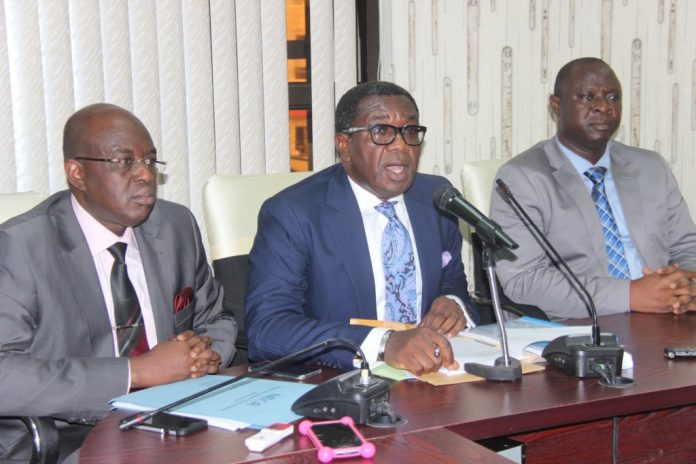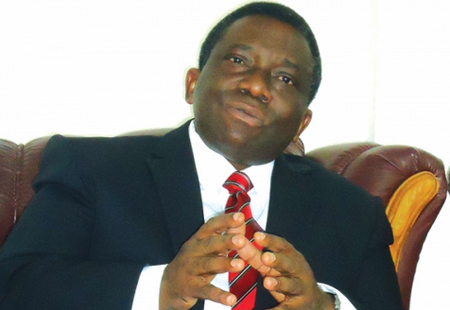Although reports by the National Bureau of Statistics (NBS) that Nigeria, which had been reeling under the heavy weight of recession since late 2015, may have exited the challenge, experts have however warned that there are still long, dark tunnel to be traversed, owing to some macro-economic issues still threatening the economy from growing.
This concern was raised by the Nigerian Employers Consultative Association (NECA), which has said that it was not yet Uhuru, especially for the manufacturing sector, which is described as the ‘engine of economic growth.’ NECA’s concerns stemmed from the recent report of the NBS, which revealed that while the country exited from recession with an aggregate growth of 0.5 per cent recorded in Q2, the Manufacturing sector is still deep in recession, thus contradicting the earlier position of the President, Manufacturers’ Association of Nigeria (MAN), Dr. Frank Jacobs, who said that the manufacturing sector had exited recession.
Speaking on behalf of the association, in a post quarter meeting press briefing in Lagos recently, the President of NECA, Mr. Larry Ettah, said “the rate of growth of our aggregate non-oil economy retarded from 0.72 per cent in Q1 to 0.45 per cent in Q2 (Except NBS later announces an adjustment of some of these figures) confirming that the recovery is driven simply by higher oil prices and production.
Ettah said the manufacturing sector’s growth worsened from 1.36 per cent in Q1 to 0.64 per cent in Q2, despite improved forex supply to the market.
He revealed that the subsectors within the manufacturing sector, in both levels and trend, were mostly negative, explaining that the three largest manufacturing sub-sector i.e. food, beverage and tobacco, which represents 46 per cent of manufacturing, grew by only 2.67 per cent lower than 4.07 per cent in Q1.
“Cement went into negative territory by 4.10 per cent, textile, apparel and footwear grew by a marginal 0.2 per cent a decline from 1.17 per cent in Q1; and most other manufacturing sub-sectors did worse in Q2 than in Q1,” Ettah said.
The association, therefore, urged the government to fashion out policy responses that would ensure a robust and sustainable growth, including effective implementation of the Economic Recovery and Growth Plan (ERGP).
“The government needs to adopt specific, targeted and effective policies to attract and promote private capital investment in the economy, especially in infrastructure and industry,” the NECA boss added.




